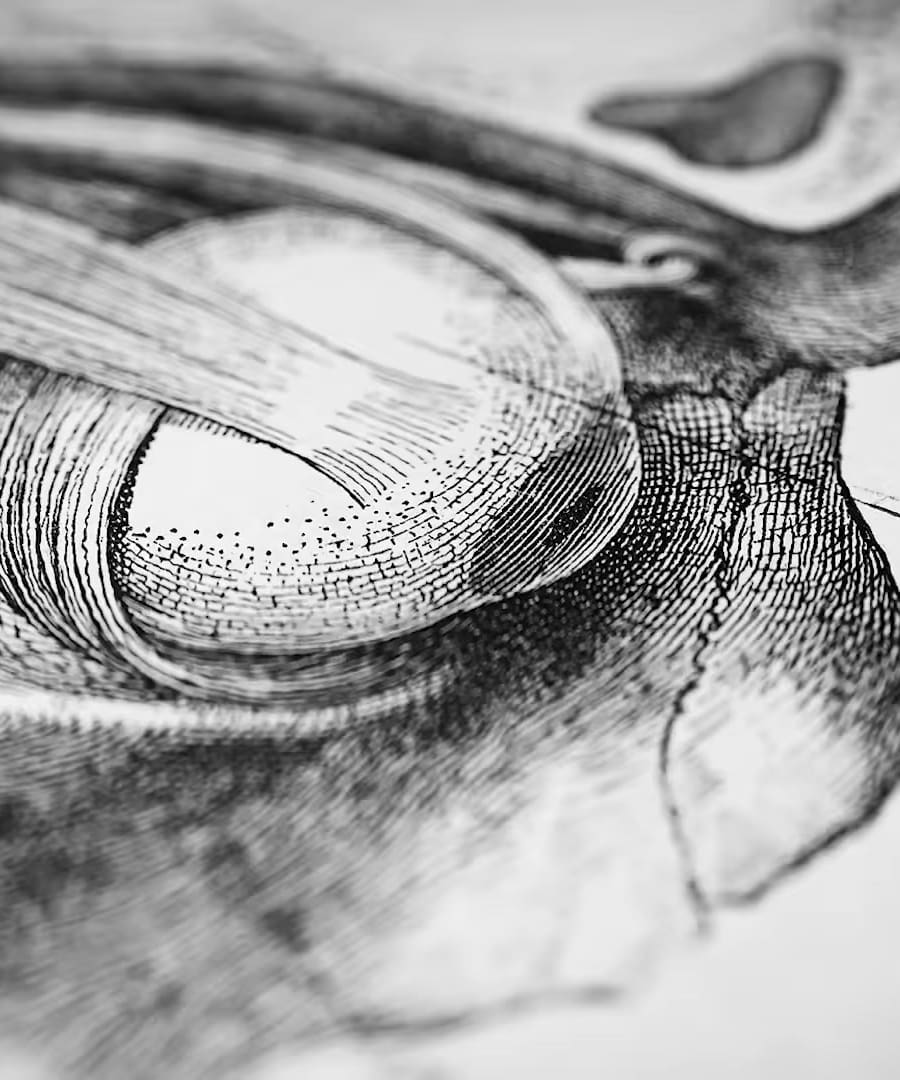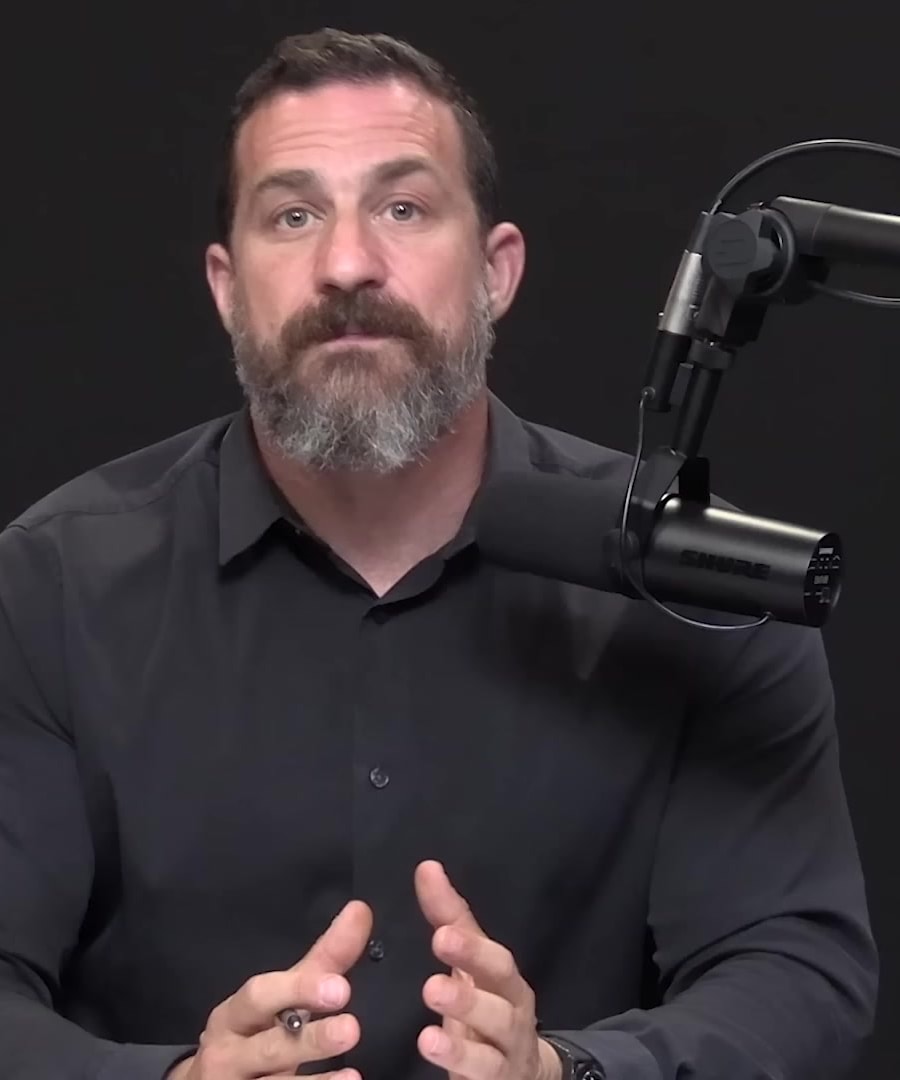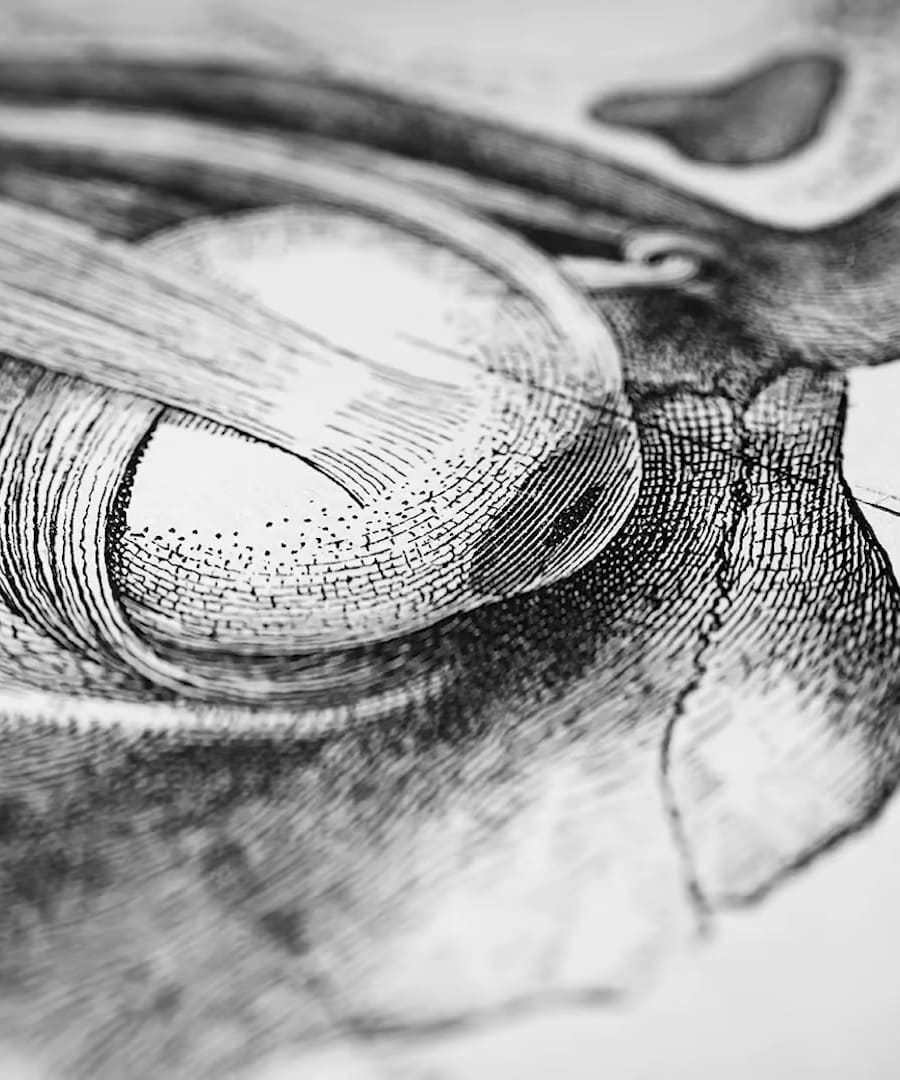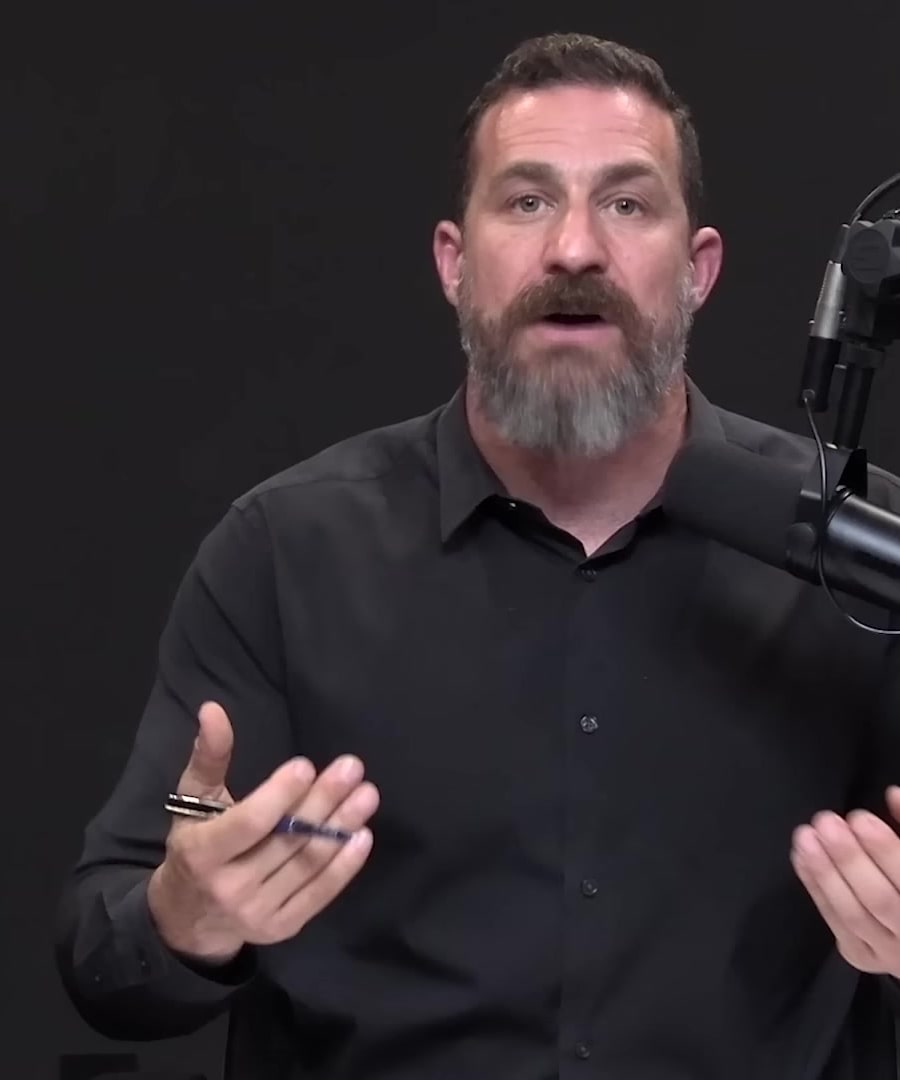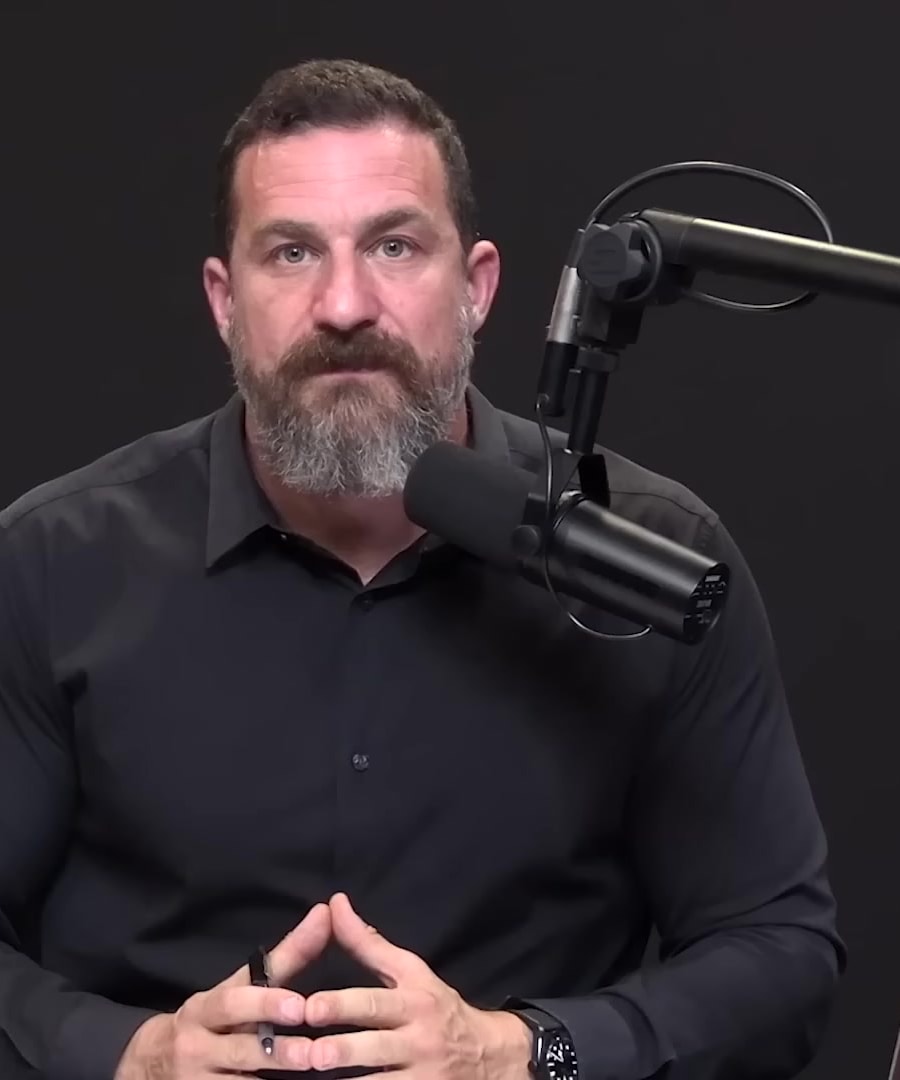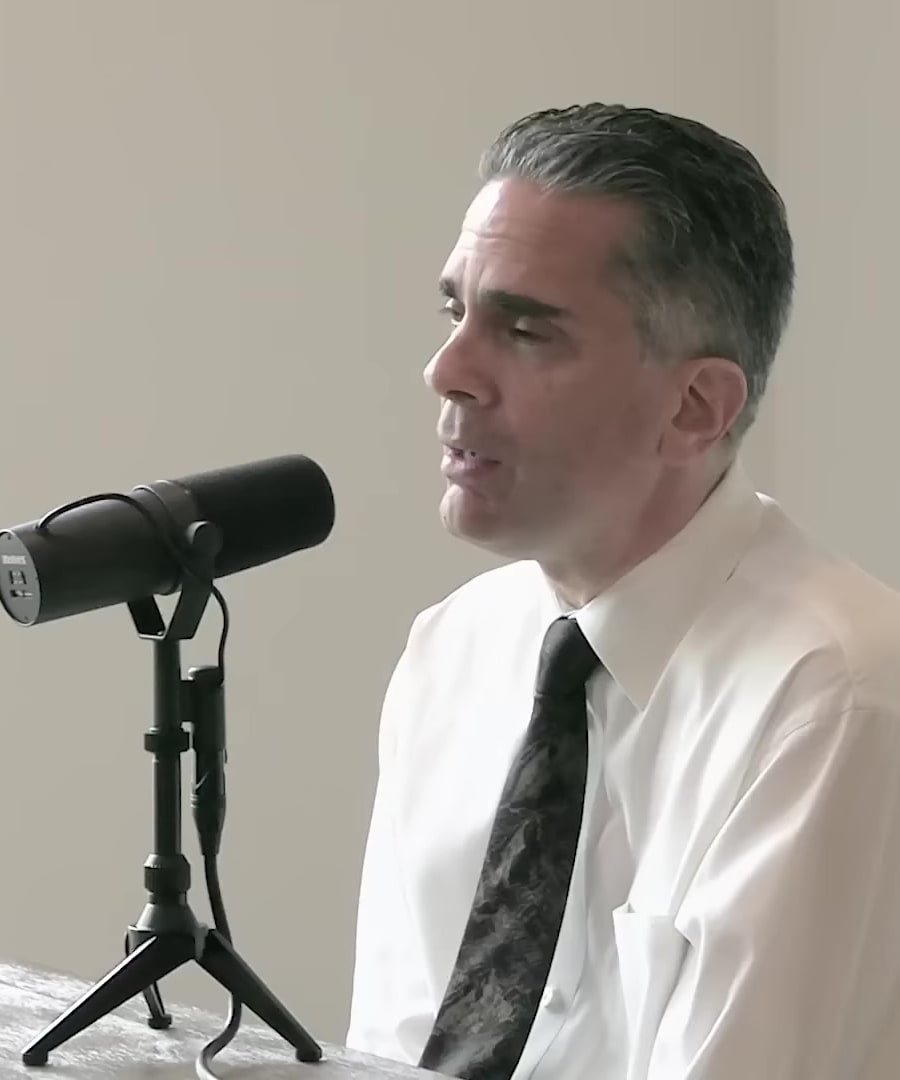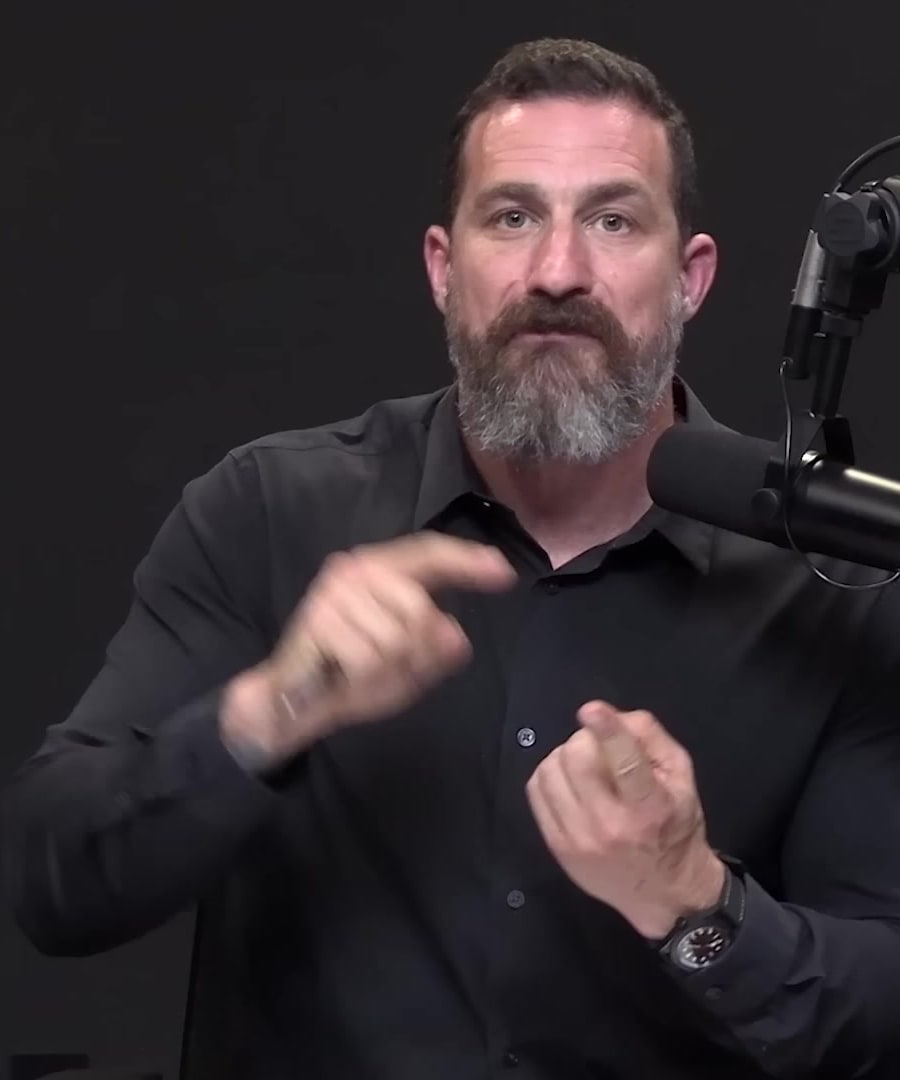What are the 8 pillars of mental and physical health? Please give me a list of 5 protocols for each one
Sources:
The eight pillars of mental and physical health, as discussed by , include:
- Sleep
- Nutrition
- Movement (Exercise)
- Stress Modulation
- Relationships & Social engagement (including relationship to self)
- Sunlight and exposure to light (and dark)
- Oral and Gut Health
- Brain Chemistry
Here are five protocols for each pillar:
Sleep:
- Get morning sunlight to set your circadian rhythm.
- Minimize light exposure before bedtime to improve sleep quality.
- Establish a consistent sleep schedule.
- Reduce caffeine and other stimulant intake in the afternoon.
- Create a wind-down routine before bed 1.
Nutrition:
- Eat a well-balanced diet rich in fruits, vegetables, and lean proteins.
- Avoid consuming large meals close to bedtime.
- Minimize intake of processed foods and sugars.
- Stay hydrated throughout the day.
- Practice mindful eating to improve digestion and satisfaction 2.
Movement (Exercise):
- Aim for 180-220 minutes of zone two cardio per week.
- Include VO2 max workouts once a week to get the heart rate up.
- Incorporate resistance training 6-10 sets per muscle group, close to failure.
- Daily movement, tailored to individual fitness levels.
- Take at least one full day of rest per week 3.
Stress Modulation:
- Practicing deep breathing or meditation protocols to lower stress levels.
- Schedule regular breaks throughout the day for relaxation.
- Engage in hobbies or activities that you find enjoyable and relaxing.
- Set boundaries to manage workload and reduce burnout.
- Regular physical activity to release built-up tension 4.
Relationships & Social Engagement:
- Invest time and effort in maintaining and nurturing close relationships.
- Engage in community activities or volunteer work.
- Regular communication with friends and loved ones.
- Establish and respect personal boundaries.
- Seek social support when dealing with stress or problems 4.
Sunlight and Light Exposure:
- Get outdoor light exposure early in the day to synchronize your internal clock.
- Limit screen time and exposure to artificial light in the evening.
- Use tools like blue-light-blocking glasses if necessary.
- Balance your exposure to darkness to help regulate sleep-wake cycles.
- Consider light therapy during winter months or in low sunlight environments 1.
Oral and Gut Health:
- Brush teeth twice a day with fluoride toothpaste.
- Floss regularly to remove plaque and prevent gum disease.
- Use mouthwash that doesn't contain alcohol.
- Eat a diet rich in fiber to support gut health.
- Stay hydrated to support saliva production that is crucial for oral health 5.
Brain Chemistry:
- Engaging in activities that support dopamine production for focus and motivation.
- Ensure adequate sleep for neurotransmitter balance.
- Exercise to boost serotonin levels for mood enhancement.
- Learn new skills or languages to stimulate neuroplasticity.
- Consume a balanced diet that includes nutrients for neurotransmitter synthesis 2.
For more comprehensive understanding and details on the eight pillars and their corresponding protocols, you can explore various episodes of the podcast where these topics are discussed in depth.
RELATED QUESTIONSIn a tweet before, Dr. Huberman said the 8th pillar of health was spiritual grounding. Give me some protocols on spirituality from the podcast and let me know if there are more pillars of health, like a 9th or 10th that was mentioned.
Sources:
Regarding spirituality, while doesn't explicitly outline protocols for spiritual grounding in the provided clips, he does discuss practices like hypnosis and journaling that can facilitate deep relaxation and focus, elements that are often associated with spiritual practices. Here are some protocols based on the mentioned practices that could be related to developing spiritual grounding:
- Use hypnosis, via tools like the Reveri app, to achieve a state of deep focus combined with relaxation, which may contribute to spiritual mindfulness 1.
- Practice meditation regularly, including focus meditations that enhance concentration and mindful awareness.
- Engage in writing or journaling protocols that involve disclosing personal experiences and emotions, which can be a form of self-reflection and spiritual expression (the clip mentions journaling in the context of health benefits, which can be extrapolated to spiritual health) 2.
- Participate in community-based spiritual practices or group meditations, fostering a sense of connection.
- Incorporate gratitude practices or positive affirmations into your daily routine, which can deepen spiritual perspectives and enhance overall well-being.
As for the possibility of there being a 9th or 10th pillar of health, the provided data does not mention additional pillars beyond the original eight and the inclusion of spirituality by . It is important to note that the concept of health pillars can evolve over time, and new research or insights may influence the consideration of additional components vital to overall health and well-being. For the latest updates or potential additions to the pillars of health, you can refer to recent episodes of the podcast.
RELATED QUESTIONSTell me more about the benefits of writing or journaling protocols.
Sources:
Journaling has various benefits as discussed by in the . Here are some of the key insights:
-
Processing Grief and Emotions: Writing about emotionally intense experiences can help people access the states of emotionality associated with attachment. This is particularly beneficial for those with a high degree of vagal tone, as it may help them move through grief more effectively 1.
-
Improving Mental and Physical Health: Writing about stressful or traumatic events can induce positive shifts in mental and physical health. It helps activate the prefrontal cortex and enables neuroplasticity, the process of rewiring neural connections. This kind of truth-telling through writing has been shown to accelerate progress in various therapies for conditions like depression and PTSD 2.
-
Clearing Mental Clutter: Through free associative writing or "data dumps", individuals can clear out "mental clutter" which may help in organizing one's mind, enhancing self-understanding, increasing confidence, and understanding unhealthy patterns and defenses 3.
-
Journaling Protocols: A specific journaling protocol that includes writing about the facts, emotions, and any links related to negative experiences can lead to improved health outcomes. It helps people process through past traumas and stressful events, offering psychological benefits and potentially improved immune function 4.
-
Transformative Effects: The process of writing about the most challenging experiences repeatedly over consecutive days can be transformative. Despite it often being a difficult and emotional process, it has been shown to bring about great positive shifts in health 5.
-
Gaining New Perspectives: Journaling can provide enough distance from one's thoughts to integrate compassion and logic, often leading to revelations about the roots of certain thoughts and beliefs. This new perspective can be vital in addressing issues rooted in trauma 6.
-
Privacy and Safety: The contents of such journaling are meant to be private, and sharing them should ideally be with a mental health care professional due to the potential for causing distress to the listener through third-hand trauma 7.
Each of these benefits underscores the positive impacts of journaling on emotional processing, cognitive clarity, mental health, and can serve as an adjunct to therapy and other treatments.
RELATED QUESTIONS-
Tell me more about meditation techniques for spiritual grounding.
It seems that there is no specific data on meditation techniques for spiritual grounding discussed in the database at this time. Meditation and mindfulness practices are often covered in general terms and can include various techniques aimed at relaxation, stress reduction, and improved focus, but it appears that there isn't a direct reference to spiritual grounding within the provided data.
If you're seeking information on spiritual grounding or specific meditation practices, it might help to consult sources that focus on spiritual practices, such as those from spiritual leaders, mindfulness teachers, or texts on meditation traditions. These can offer a wealth of knowledge on grounding methods and how to incorporate them into your meditation routine for spiritual development.
RELATED QUESTIONS
What are the 8 pillars of mental and physical health? Please give me a list of 5 protocols for each one
- RELATED QUESTIONS
In a tweet before, Dr. Huberman said the 8th pillar of health was spiritual grounding. Give me some protocols on spirituality from the podcast and let me know if there are more pillars of health, like a 9th or 10th that was mentioned.
- RELATED QUESTIONS
Tell me more about the benefits of writing or journaling protocols.
- RELATED QUESTIONS
Tell me more about meditation techniques for spiritual grounding.
- RELATED QUESTIONS

